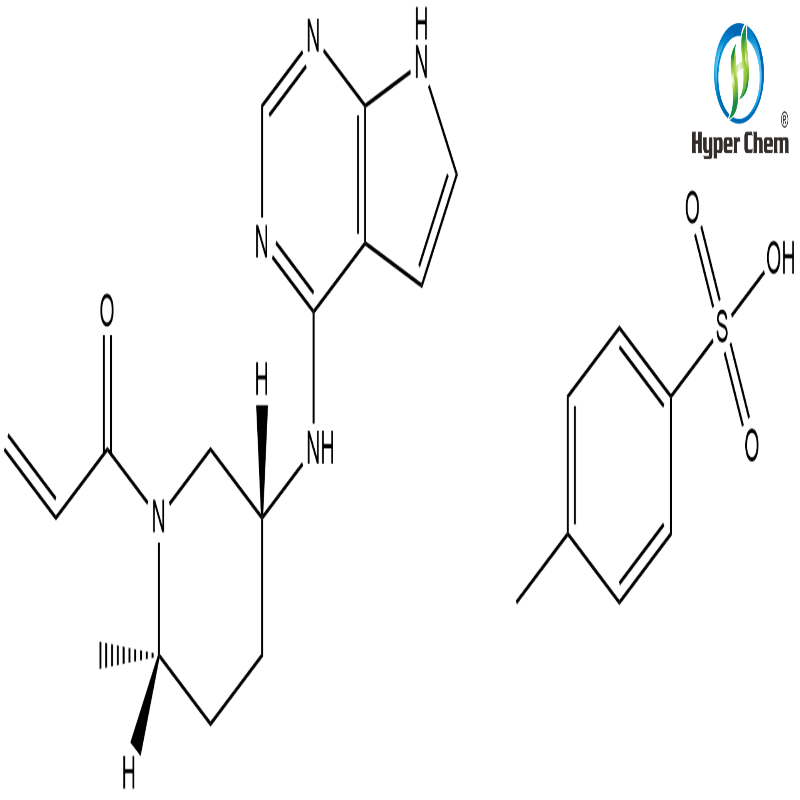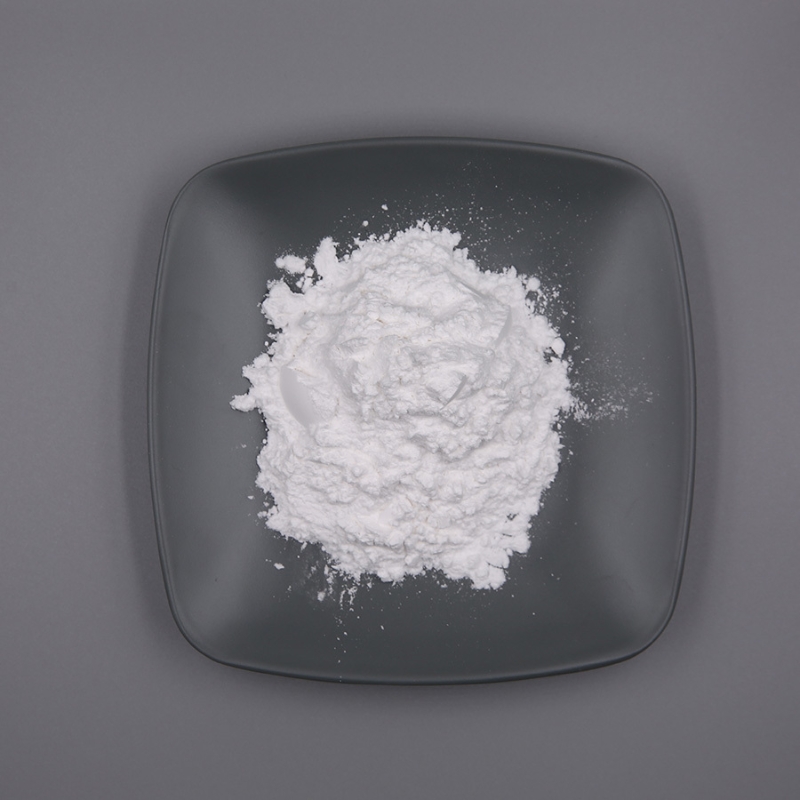PNAS: Cytotoxic CD4 T cells are the key to longevity.
-
Last Update: 2020-07-23
-
Source: Internet
-
Author: User
Search more information of high quality chemicals, good prices and reliable suppliers, visit
www.echemi.com
Using single cell RNA analysis, scientists from RIKEN Integrated Medical Science Center (IMS) and Keio University Medical School found that super centenarians (over 110 years old) have an immune cell called cytotoxic CD4 T cells.the study was recently published in PNAS.Super centenarians are a unique group. They are very rare. For example, in 2015, there were more than 61000 people over the age of 100 in Japan, while only 146 people were over 110 years old, and these people were relatively less vulnerable to diseases such as infection and cancer in their lifetime, which means that they may have a particularly strong immune system.experimental schematic diagram from blood sample collection to visual single cell transcriptome analysis. In order to further explore the immune status of super centenarians, researchers studied their circulating immune cells.they obtained 41208 cells from 7 super centenarians (average 5887 cells per subject) and 19994 cells (3999 cells per subject) from 5 control groups aged 50-80 years.through single cell transcriptome analysis, it was found that although the number of B cells in super centenarians was small, the number of T cells was roughly the same, especially the number of a subset of T cells increased.analysis of these cells revealed that they were highly cytotoxic and could kill other cells, accounting for 80% of all T cells in some individuals, compared with 10% or 20% in the control group.two dimensional tsne visualization of PBMCs (peripheral blood mononuclear cells) in super centenarians and control groups usually shows that CD8 labeled T cells are cytotoxic, while CD4 labeled T cells are not cytotoxic. Therefore, researchers first thought that the increase of CD8 positive cells may be the reason, but it is not the case.on the contrary, it seems that the CD4 positive cells of super centenarians have acquired cytotoxicity.interestingly, when researchers looked at the blood of young subjects, there were relatively few CD4 positive cytotoxic cells, indicating that this was not a marker for young people, but a special feature of super centenarians.expansion of cytotoxic CD4 T cells in super centenarians the team examined the T cell receptors of two super centenarians in detail and found that they were generated by clonal amplification process, and the most common clone accounted for the whole CD4 Between 15% and 35% of the total number of T cells, which means that many cells are descendants of a single ancestor cell. Kosuke Hashimoto, the first author of the paper, said: "we are particularly interested in studying this group of people because we believe that they are good examples of healthy aging, which is very important for a rapidly aging society like Japan."super centenarians have unique characteristics in their circulating lymphocytes, which may represent the basic adaptation to achieve ultra long life by maintaining immune response to infection and disease.Piero carninci, one of the team leaders and deputy director of IMS, said: "this study shows how single-cell transcriptional analysis can help us understand how individuals are more or less susceptible to disease.CD4 positive cells usually work by producing cytokines, while CD8 positive cells are cytotoxic. The combination of these two characteristics may make these individuals particularly healthy.we believe that cytotoxic CD4 T cells are relatively uncommon in most people and are important for fighting established tumors or for immune surveillance.What's exciting is that it gives us new insights into how long-lived people can protect themselves from disease."end reference: [1] could cytoxic T-cells be a key to longevity? [2] single cell transcriptomics reviews expansion of cytotoxic CD4 T cells insuperventrarians
This article is an English version of an article which is originally in the Chinese language on echemi.com and is provided for information purposes only.
This website makes no representation or warranty of any kind, either expressed or implied, as to the accuracy, completeness ownership or reliability of
the article or any translations thereof. If you have any concerns or complaints relating to the article, please send an email, providing a detailed
description of the concern or complaint, to
service@echemi.com. A staff member will contact you within 5 working days. Once verified, infringing content
will be removed immediately.







